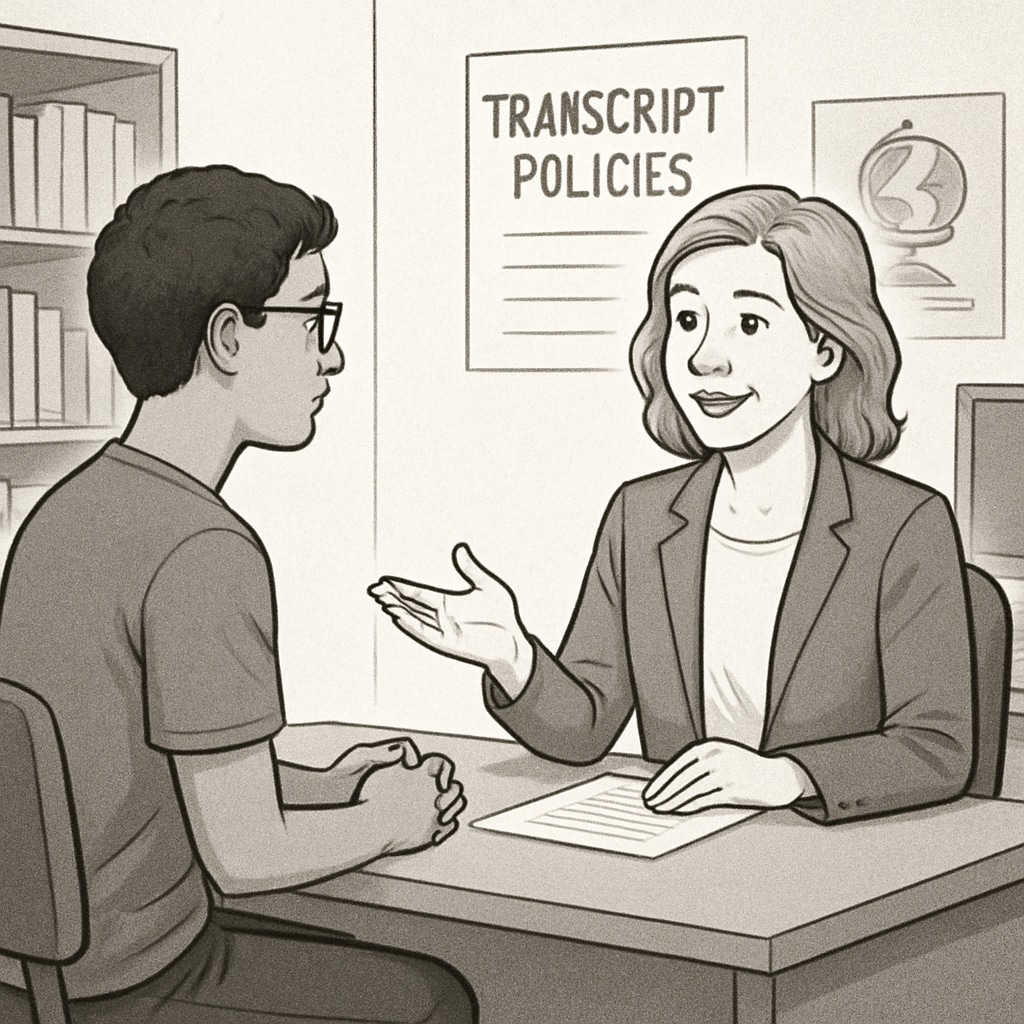Accessing transcripts in cases of unpaid tuition is a challenge many families face in the K-12 educational system. For students aiming to apply for professional certification exams, such as PRC (Professional Regulation Commission) exams, transcripts are essential. However, unpaid tuition balances often lead to restrictions imposed by schools. This article explores the policies surrounding transcript access, practical solutions for families, and strategies to ensure students can continue their educational journey without unnecessary delays.
Understanding K-12 Transcript Policies Amid Unpaid Tuition
Most K-12 schools have strict policies regarding unpaid tuition balances. These policies often prohibit students or parents from accessing official transcripts until all financial obligations are met. Schools justify these measures as part of their financial management practices, ensuring operational stability. However, these restrictions can create significant barriers for students who need transcripts for applications such as PRC exams or other professional certifications.
In some cases, schools may allow access to unofficial transcripts or provide temporary academic records, but these are often insufficient for official use. Parents must understand the nuances of their school’s policy and explore alternative solutions.

Why Are Transcripts Important for PRC Exam Applications?
Transcripts are vital for PRC exam applications as they serve as official proof of educational qualifications. Without them, students cannot proceed with their registration, delaying their journey toward professional certification. For families struggling with unpaid tuition, this creates a difficult predicament: balancing financial obligations with their child’s educational and career goals.
Some schools may offer conditional access to transcripts, such as setting up payment plans or allowing partial payments. Parents should inquire about these options and negotiate with school administrators to find mutually agreeable solutions.

Practical Solutions for Families Facing Transcript Restrictions
Families can take several steps to address unpaid tuition while still obtaining necessary transcripts:
- Communication: Reach out to school administrators to discuss your financial situation and explore flexible payment options. Many schools understand the importance of transcripts for exams and may offer solutions.
- Payment Plans: Propose a payment plan that allows gradual repayment of outstanding tuition. Schools may release transcripts upon agreement of a structured plan.
- Legal Considerations: In some jurisdictions, education laws may require schools to release transcripts despite unpaid tuition. Research local laws and regulations to understand your rights as a parent.
- Scholarships or Financial Aid: Investigate scholarships, grants, or financial aid programs that can help cover unpaid tuition balances.
By taking proactive steps, families can navigate these challenges and ensure their children’s educational advancement is not hindered.
Respecting School Policies While Advocating for Students
Schools implement tuition policies to maintain financial stability, but families must advocate for their children’s needs within these frameworks. Open communication, understanding school policies, and exploring alternative solutions are key to resolving conflicts. Additionally, parents can work with community organizations or seek legal advice to support their efforts.
Ultimately, the goal should be to strike a balance between fulfilling financial commitments and ensuring the student’s educational progress. By respecting school policies and seeking collaborative solutions, families can achieve this balance effectively.
Conclusion: Accessing transcripts with unpaid tuition requires patience, negotiation, and creativity. Families must understand K-12 policies, explore practical solutions, and advocate for their children’s educational needs. With persistence, students can overcome these barriers and continue their journey toward professional success, including PRC exam applications.


